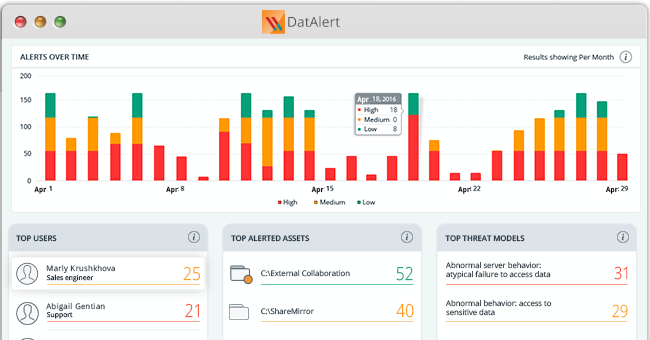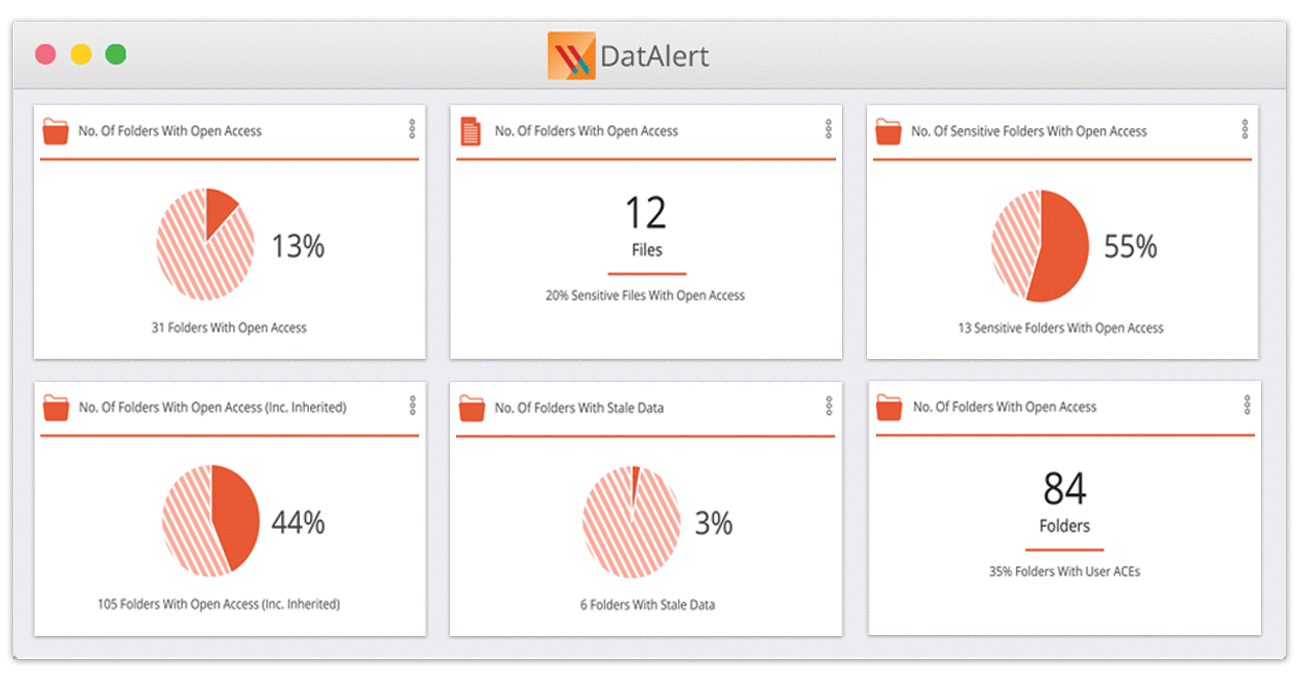Big data has ushered in a new executive role over the past few years. The chief data officer or CDO now joins the C-level club, tasked with leveraging data science to drive the bottom line. According to a recent executive survey, 54% of firms surveyed now report having appointed a CDO.
Taking on the role is one thing, learning out how to be successful is another.
“A CDO’s job starts like this: a CEO, CFO or maybe a CMO says, ‘We want our company to be more data driven, and we want to start capitalizing on these new technologies. Go figure out what that means for us.’ And that’s quite often the beginning point for a chief data officer,” CDO Richard Wendell explained to me during an interview.
One way CDOs are approaching this challenge is by connecting the organization’s data strategy with their analytics tools, and then acting on the resulting new idea or information.
Jeffrey McMillan of Morgan Stanley is one such CDO. I heard him speak at a recent CDO Summit in New York City. While his focus is primarily on financial services, McMillan had invaluable, hard-earned wisdom that all CDOs can learn from.
McMillan’s first step to enlightenment was when he realized several years ago that technology alone was an illusion. He noted, “You’re just spending money on your clusters, you put your project plan together, you’re all excited you got your Hadoop infrastructure cluster in place, your ETL tools, and you have your data governance in place. And you know what, nothing really changes.”
Get a Free Data Risk Assessment
The Magic Remedy? Ask These Eight Questions
1. What is your business strategy?
To McMillian, a data strategy doesn’t exist.
He emphasizes that there is only a business strategy, and data and analytics are just tools: “A data strategy isn’t going to generate a single incremental dollar for your business, it’s an enabler. No different than your web strategy or your workflow strategy. It’s just another component to your solution.”
2. Have you defined and communicated key objectives throughout your organization?
McMillian advises that if you can’t answer the first two questions, stop and don’t spend more money: “You’re going to be wasting a lot of time, money and resources solving for a problem and you don’t even know what the problem even is.”
3. What is the role of data and analytics in driving your strategy?
Sometimes your data analytics is transformative and sometimes, it’s marginal. And if it’s not actually moving the needle, ask, ‘What are your goals and objectives?’; ‘What are you trying to solve here?’; ‘And how does your data and analytics strategy work to do that?’
4. Are people really buying in?
McMillian gets it. Getting people to buy in to your idea is going to be difficult.
Your CEO and your COO or the head of your business might say, ‘Yeah, I hear ya, the world is changing but we’ve got limited resources, we’re not sure how to engage.’
And in some cases, they’re threatened by changes.
5. What new roles need to be created and how do the existing roles fit into this?
There are going to be new roles that will be generated from the work you do. How does the Chief Data/Analytics Officer fit into the organization?
6. What’s already going on within your organization that you can leverage?
There’s going to be extremely valuable work that’ll happen, which will unfortunately never get the exposure it deserves. It’s the age-old complaint from IT: “I only get noticed when something goes wrong!’
McMillian posits, “How do you enable that guy that’s working on the weekend, that’s doing some interesting stuff with python code that’s generating some interesting value. How do you get him or her get exposed to an opportunity?”
7. Do you have the right data and is it of sufficient quality?
McMillan warns, “Honestly, you’re going to fail if you don’t have data quality.”
8. How do you define success?
The best part about analytics is that you can actually define and measure success.
And finally, you should know that McMillian spends 90% of his time focused on question one and two because he thinks that “if you don’t have one or two right, everything else is pretty much useless.”
In a future post, we’ll also review how he drives growth, improves efficiency and manages risk.
What should I do now?
Below are three ways you can continue your journey to reduce data risk at your company:
Schedule a demo with us to see Varonis in action. We'll personalize the session to your org's data security needs and answer any questions.
See a sample of our Data Risk Assessment and learn the risks that could be lingering in your environment. Varonis' DRA is completely free and offers a clear path to automated remediation.
Follow us on LinkedIn, YouTube, and X (Twitter) for bite-sized insights on all things data security, including DSPM, threat detection, AI security, and more.





